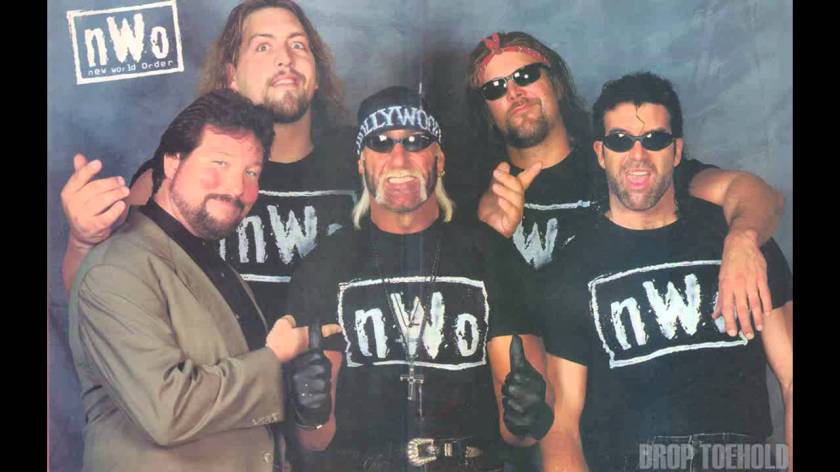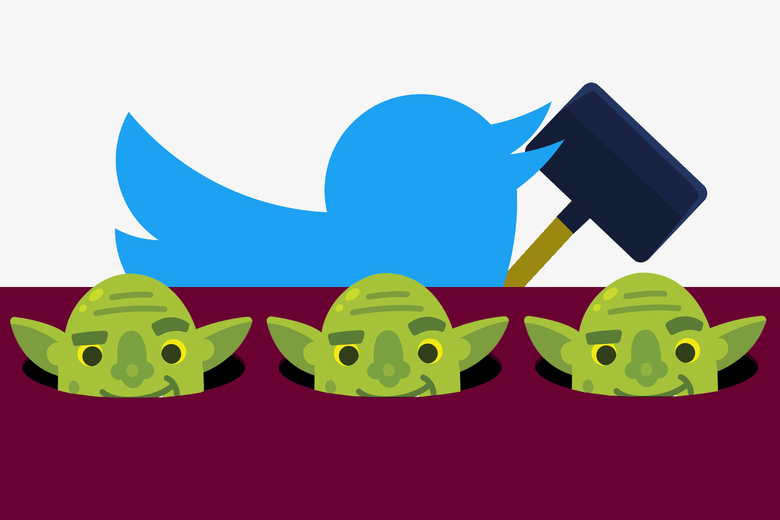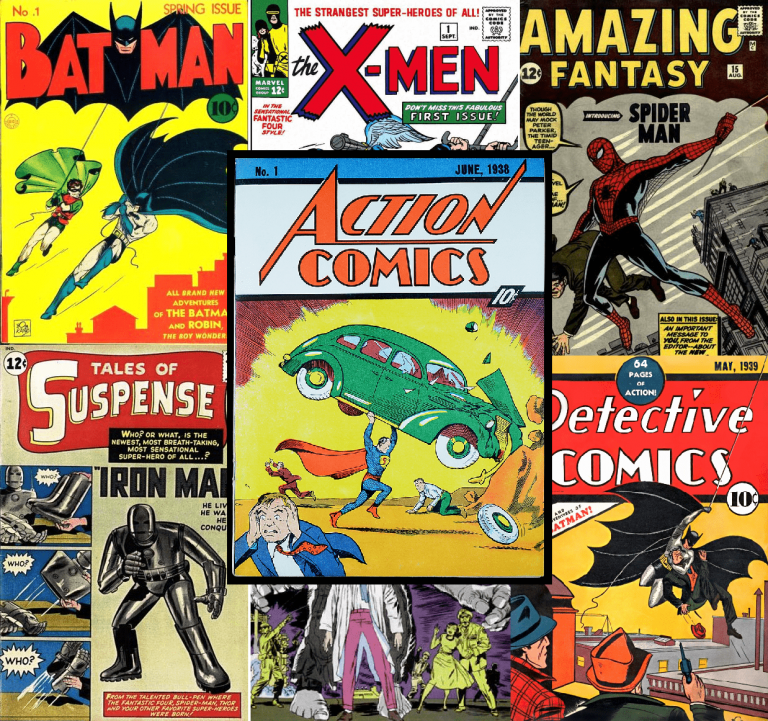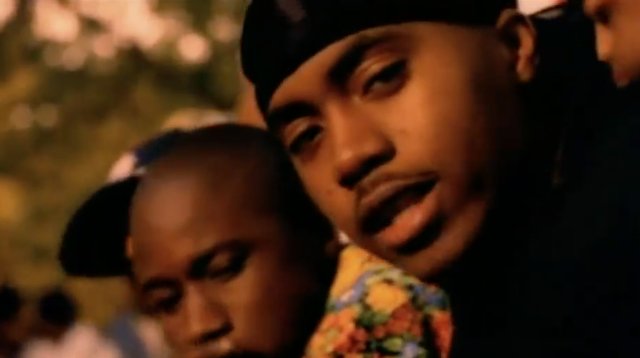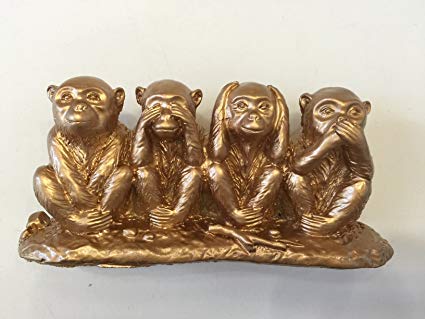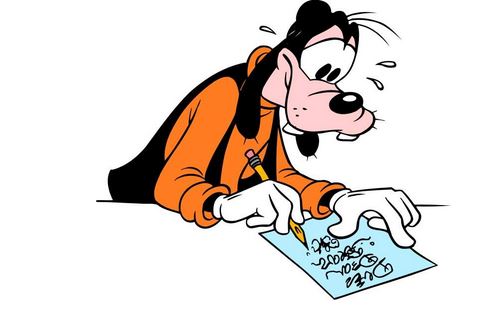I have a series of aphorisms I call my “AsCaliforniaIsms.” One I use a lot is, “there is no failure in failing, only in not trying again.” Last night I watched episode 3 of Hulu’s “Wu-Tang: An American Saga,” which I thought illustrated that beautifully.
Let me start by giving some background on what “Wu-Tang: An American Saga” is. For the uninitiated, the Wu-Tang Clan were one of the most popular Hip Hop groups of the ’90s, a collective of DJs and MC (rapper)’s from Staten Island, New York. They are totally my kind of thing – a pastiche of every random pop culture influence you can think of, from animated cartoons to superheroes to Chinese gongfu (kung fu) martial arts films, all swirled together into the rawest Hip Hop anyone had ever heard at the time (and I mean “raw” in a good way). They brought the harsh, hard New York sound back to prominence at a time when Hip Hop was dominated by West Coast rap, a feat that I personally didn’t think was possible at that stage in the game. To me it felt like East Coast Hip Hop was moving more in the direction of conscious “hippie” rap, exemplified by groups like A Tribe Called Quest. I thought any chance of traditional Hip Hop coming out of New York in a meaningful way was pretty much done. As I learned on day one of my Media Management program at Syracuse University however, Rule #1 of entertainment is, “nobody knows anything.” (I would later realize that this is true of life in general too, hence my first AsCaliforniaIsm: “there is an exception to every rule”).
“Wu-Tang: An American Saga” then, is the story of how this bizarre hodgepodge of Staten Island rappers became the force that was the Wu-Tang Clan, and episode #3 particularly resonated with me because it exemplified my AsCaliforniaIsm about failure. Because in this episode, we get to watch as the founder of Wu-Tang Clan crashes and burns at a music contest in front of an auditorium full of his people (African American Hip Hop fans in New York), right when his idea of even having rap career is just getting started . Everything is set up for him to fail too: because of a mistake, he’s forced to follow the act that the contest is rigged to promote. His cassette tape (!) of beats he created is ruined, so he basically has no music. He attempts to get the crowd to help him do it A Capella style by using hand claps, but as soon as they hear his weird lyrics, they quickly lose interest. He slinks off the stage with his tail between his legs, as the few people there who knew and liked him join in on clowning his lack of ability.
And then, he takes an idea from the group that won, and figures out how to get better. And because we already know how successful Wu-Tang Clan are, we know he eventually succeeds and then some.
I have long bemoaned the fact that people like me aren’t often encouraged to play, or even watch, sports. It’s assumed that people with superior intellects shouldn’t have to, so much so that we can usually get physical education waivers for one reason or another, “saving” us from the stigma of failure or the rigors of competition. The thing I realized once I started following sports on my own however was that playing to win, failing, and then having to do it all over again gives you a skill set that can later make you very successful. Specifically, I believe that sports teach you resilience, persistence, and learning from mistakes. Every professional sports team keeps hours of video footage of every opponent they will face in their given league. Why? So that they can figure out how to beat them. By studying our competition, I believe we all have the ability to learn from each other, and incorporate what they do well into what we do well. We can not only learn to counteract what they do in direct competition, but we can figure out how to add the skill sets of others into what we do and resolve our own weaknesses. In a perfect world, we would all do what any fan of the Wu-Tang Clan knows their founder ultimately did – learn from the loss, get better, and succeed. For athletes, this comes as second nature. For the rest of us, it’s a skill we often have to learn.
Here’s the thing, though – if we’re talented, once we get that skill, we empower ourselves to do anything. We can not only accomplish some specific task, but study and learn from what others do in general. If we learn to communicate with them also, we can get direct instruction on improving on what we do. How do you know if you’re talented? Compete. If you win, you’ve proven that you’ve got at least something. If you don’t win, analyze how those who do win did it, and see if you’re capable of doing that. If not, see if there’s some adjustment you can make to avoid the pitfall that led to your loss. Compete again. See if you do better. If you win, great! If not, see if you at least did better that time. Figure out from who did win or other other competitors why you didn’t win. Compete again. In sports, teams actually refer to this process as”making adjustments,” ensuring that they’re always trying to improve. They keep competing until they win, and if they lose, they adjust and compete again. When this happens there’s growth, and the competitor keeps moving forward, getting better and better as they go until they do win. I think it’s the clearest, most direct path to victory, even if not necessarily the fastest.
Want to know what doesn’t win? Complaining about how the game is rigged. Giving up. Overthinking a loss based on self-doubt rather than reflection on performance. Not looking at how other people who won achieved their victory. As much as I despise the simplistic descriptions of success exemplified by the Tony Robins set, the general principle is universal – compete, learn from both success or victory; repeat. The minute you get too hung up on the outcome and not its reason is the minute I think it becomes impossible to win.
Perhaps the best application of “nobody knows anything” is this: in the media, we only see people succeed (because then it’s worth watching) or fail (because then it serves as a warning or chance to learn). Most of life however, is somewhere in between. As with good and evil, without failure you don’t even have any idea what success will look or feel like. All success does is make you want more, while giving others ideas on how to beat you. Failing and bouncing back – now that’s an achievement! Wu-Tang!




